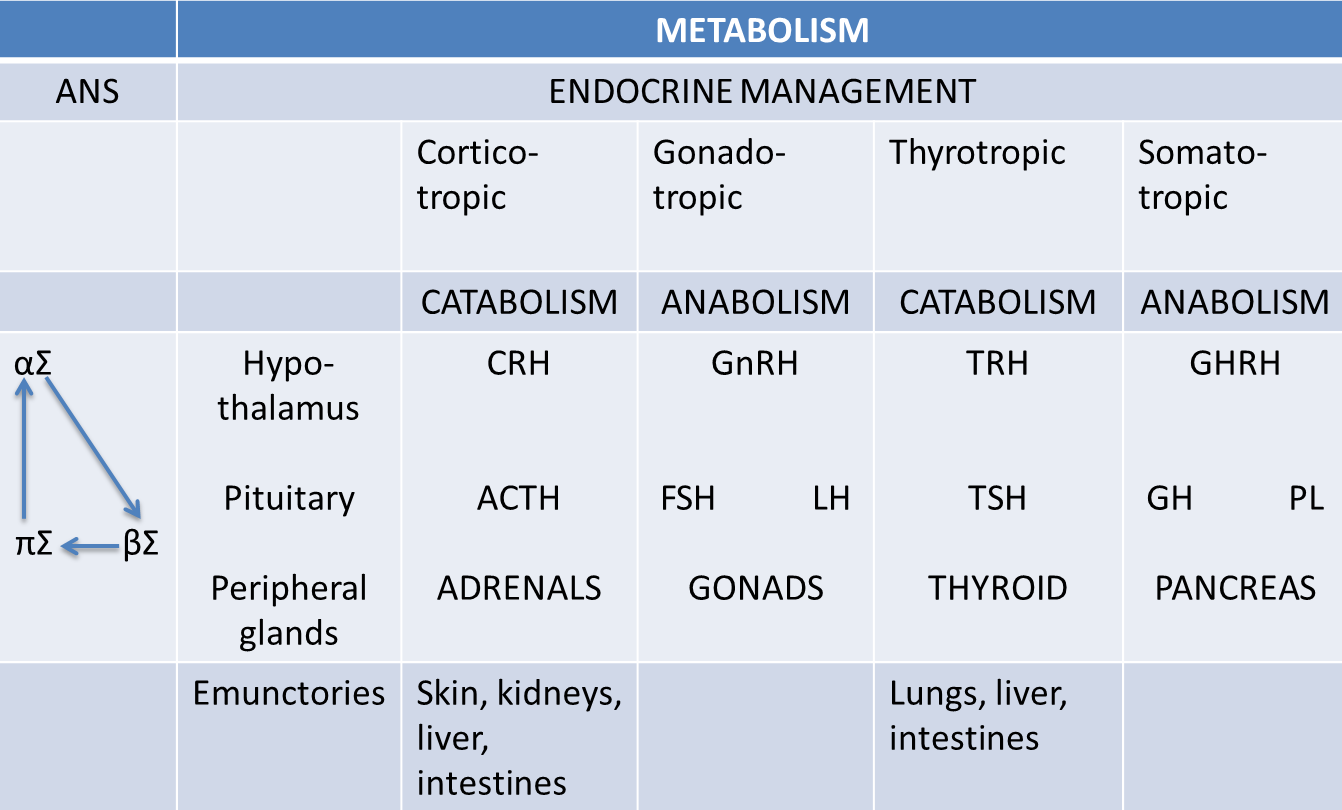Endobiogenic Medicine
Endobiogenic Medicine seeks to understand the way a person with a medical condition functions on a physiological level in order to determine the most appropriate treatment. The key is in understanding the “terrain” or a person’s constitution, and how it can change in response to its environment at different times in that person’s life from birth to old age (chronobiology). As a systemic approach looking at the interrelated and interdependent nature of physiology, it requires an integrated approach to history, assessment and treatment.
Endobiogenic Medicine seeks to piece together the “story” of the individual via:
- Medical History, including blood workups and other investigations
- Semiology (ascertaining clinical signs and symptoms) and physical examination
- Pathophysiology specific to the 4 primary hormonal axes and the autonomic nervous system
- Innovative blood testing (the Biology of Functions) which provides a framework to examine how the different axes are working together at both a quantitative and qualitative level
Endobiogenic Medicine is based on modern physiology and medical knowledge but where it differs from the conventional medical approach is in its understanding of the body as an interrelated and interdependent system, which is “managed” primarily by the endocrine and nervous systems.
It is a medical model that assesses how the internal (endo-) life (bio-) of the body is generated and sustained (-geny). It is a systemic approach to understanding how the body works, why an individual becomes ill, and how the body can be returned to a state of optimised health. Treatment is based primarily on the use of herbal medicines, dietary and lifestyle changes.
The endobiogenic concept was conceived and developed by French doctors Christian Duraffourd, MD, and Jean-Claude Lapraz, MD.

Summary of Endobiogenic Endocrine Model
